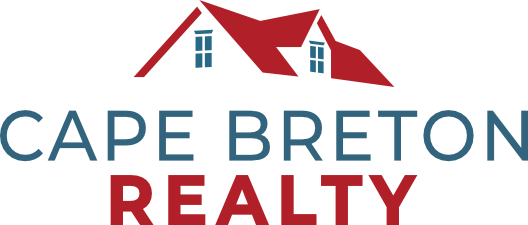By Sherry MacLeod
Managing Broker/Cape Breton Realty
When it comes to determining the value of a home, many homeowners believe that having unique features automatically guarantees a higher price. However, it is essential to understand that certain factors can either add or detract from a home’s value. In this editorial, we will delve into surprising aspects that can make or break the value of your home, providing valuable insights for homeowners seeking to maximize their property’s worth.
Luxury homes with spacious yards, and swimming pools can indeed add significant value. A pool with special features, such as an attached hot tub, a mesmerizing waterfall, a unique shape, or exquisite mosaic tiles, can elevate the allure of a high-end home. However, it is crucial to note that a pool’s value is contingent upon its good condition and proper maintenance.
While swimming pools can be desirable, they can also consume a substantial portion of yard space and entail ongoing expenses. If a pool is in need of extensive repairs, it can negatively impact the property’s value. Additionally, some potential buyers may be deterred by the added maintenance and costs associated with owning a pool, particularly families with young children who prioritize safety and require proper gating measures.
Well-updated and thoughtfully designed in-law apartments can be an attractive feature for buyers seeking additional living space. Whether it’s accommodating a family member or generating rental income, an in-law apartment can enhance the overall value of a property. However, it is crucial to ensure that the in-law apartment seamlessly integrates with the home’s overall aesthetic appeal.
Contrary to popular belief, in-law apartments do not automatically guarantee an increase in a home’s value. The demand for properties with in-law apartments may not be as high, potentially resulting in reduced value due to limited market demand. Furthermore, obtaining proper permitting for an in-law extension is essential, as the absence of necessary permits can adversely affect the property’s value.
A well-landscaped yard contributes to a home’s curb appeal and can increase its overall value by up to 15%. Unlike interior designs that may go out of style or mechanical systems that deteriorate over time, well-maintained plants and trees in a yard grow fuller and more beautiful with each passing year. Simple and cost-effective enhancements like replacing the mailbox, adding new addressing numbers, or incorporating potted flowers can be done over a weekend and leave a lasting impression on potential buyers. This is the time of year to implement these changes.
While many buyers appreciate well-maintained landscaping, some may prefer to avoid the added responsibility of yard maintenance. Extensive care requirements for yards with an abundance of plants can deter buyers due to the associated costs, time commitment, and effort required to maintain the property. So moderation is imperative.
Sheds and garages in good condition can add value to a home, particularly when they are attached to the main house. These additional spaces offer practical storage solutions and improved home organization for buyers with various personal belongings. With a touch of creativity, sheds and garages can also be transformed into functional areas such as workshops, music studios, or home gyms. Well-maintained sheds and garages can further enhance a home’s overall curb appeal.
The functionality and condition of sheds and garages play a pivotal role in determining their impact on a home’s value. If they appear out of place, are disproportionate to the yard size, or require extensive repairs, potential buyers may be dissuaded from making an offer.
Strategic renovation projects can increase a home’s value in two significant ways. Firstly, updating key living spaces such as the kitchen or bathroom to reflect modern functionality can attract more buyers. Secondly, converting underutilized spaces like attics or basements into additional rooms can increase the number of bedrooms, thereby boosting the home’s value. Additionally, creating a dedicated space for an in-home office can prove appealing to buyers in today’s work-from-home era.
While personal preferences may guide your renovation choices, it is essential to consider the needs and preferences of potential buyers. For instance, converting a third bedroom into a walk-in closet may limit the pool of interested buyers, as the home would be listed as a 2-bedroom instead of a 3-bedroom, potentially resulting in a lower asking price.
Updated kitchens and bathrooms are standard things most people assume can increase value. Most important is clean. Updated lighting, fixtures, counter tops and hardware, cost less than a new kitchen or bath. They can increase the value without breaking the bank.
In conclusion, unique features can potentially enhance a home’s appeal and market value, but their impact is contingent upon factors such as market demand, proper maintenance, and alignment with buyer preferences. Homeowners embarking on renovations or additions should carefully consider these factors and strive for improvements that enhance functionality and aesthetic appeal, ultimately attracting a wider range of potential buyers.

